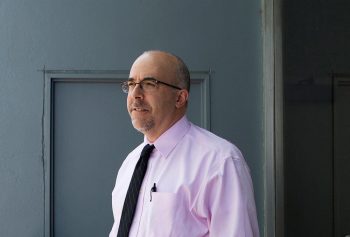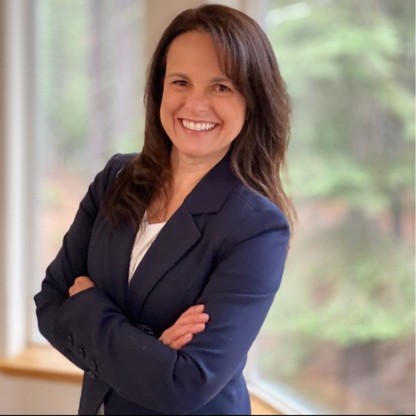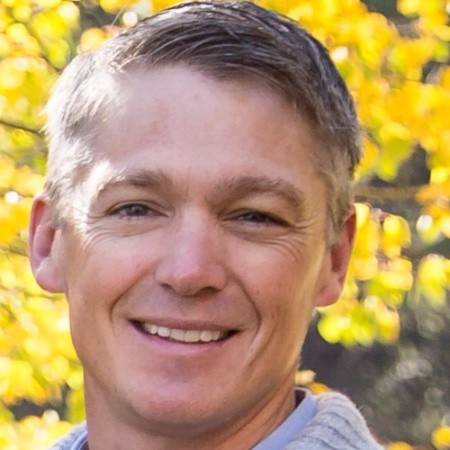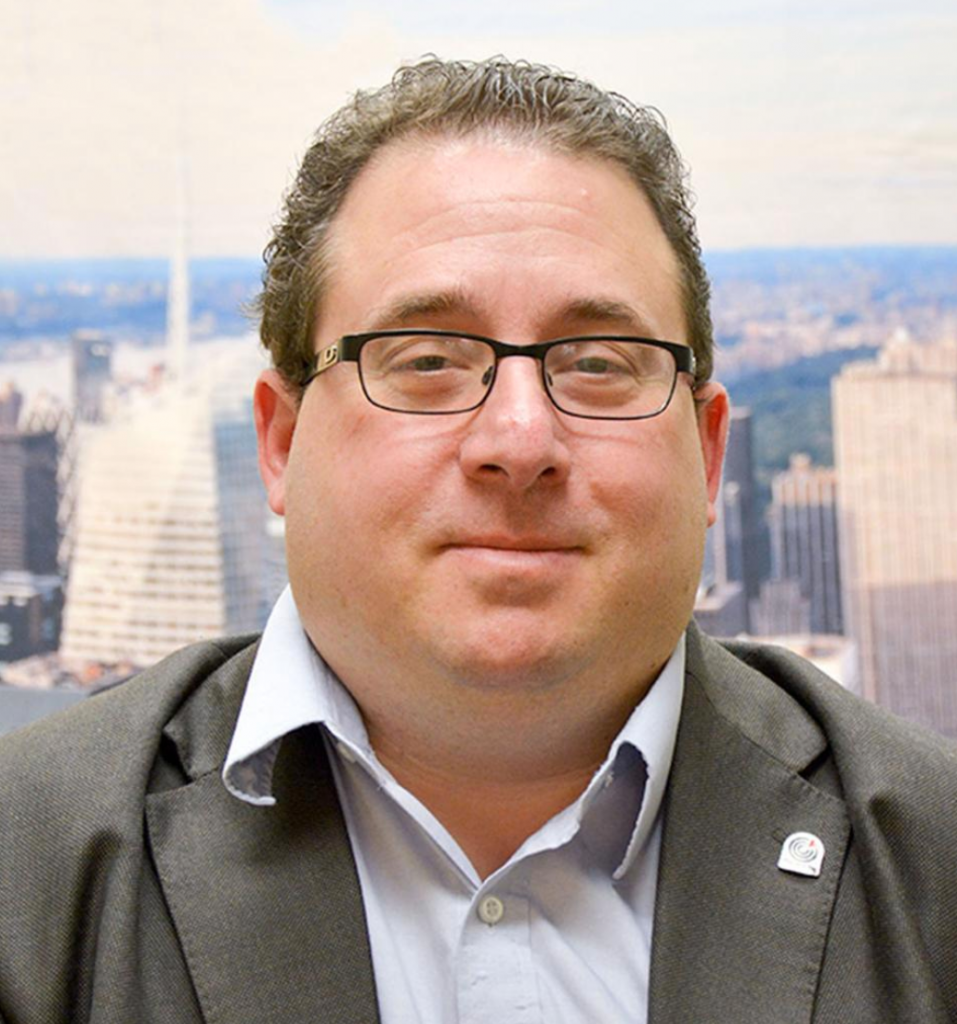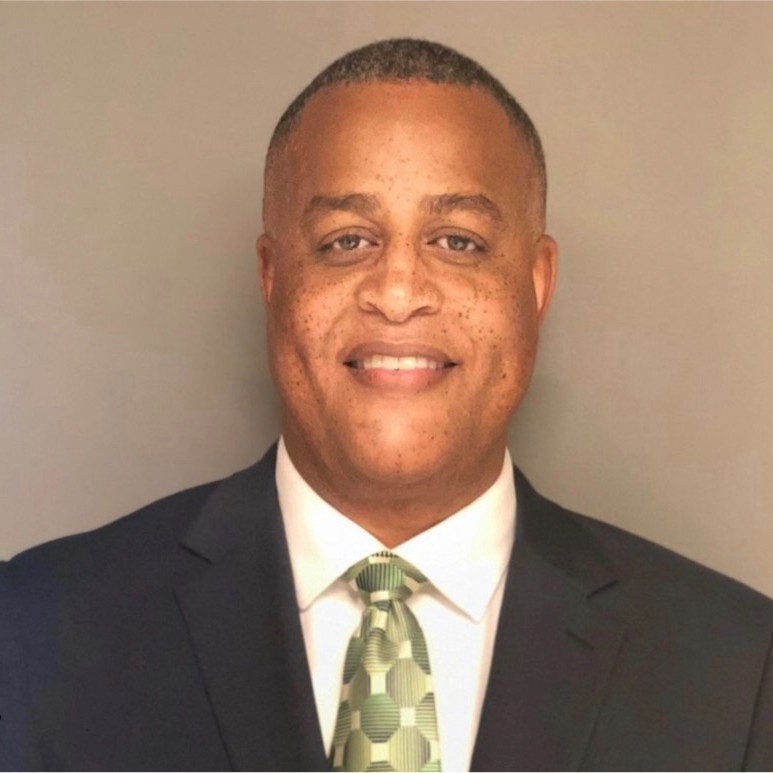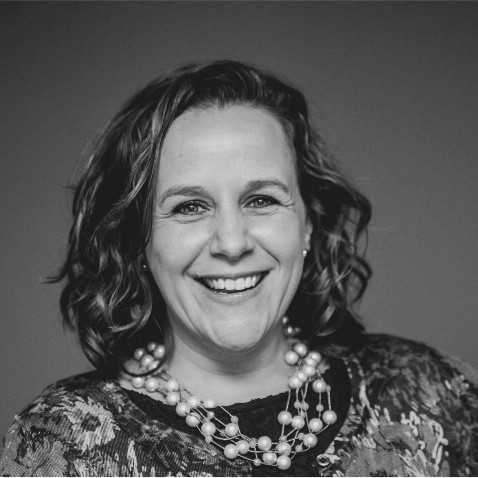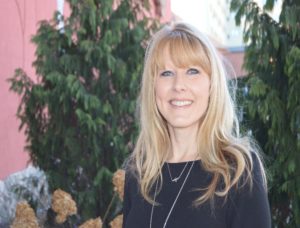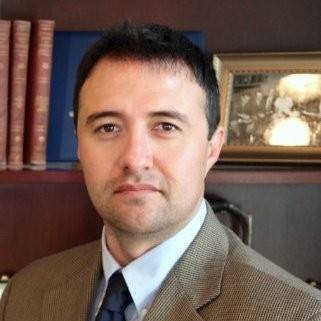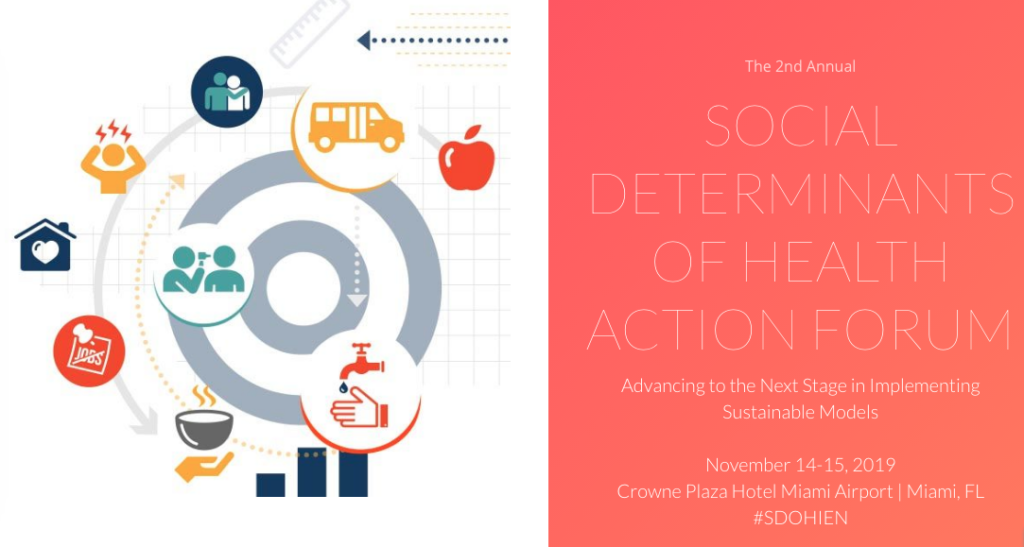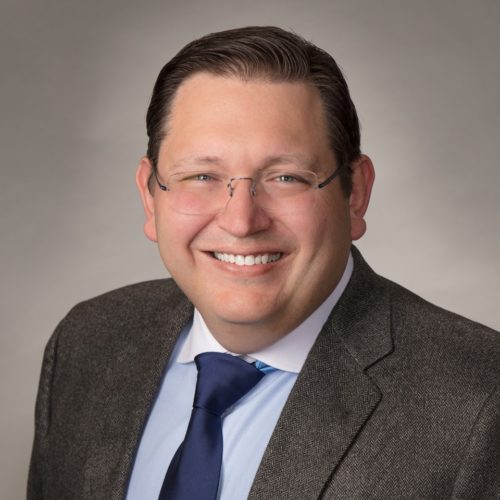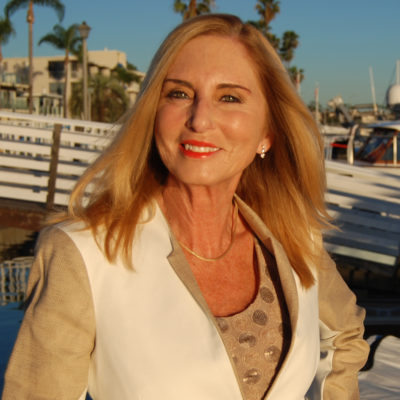
Pamela Mokler, MSG is Post-Acute, LTSS & SDOH Innovation Consultant at Pamela Mokler & Associates, Inc.
Check out her LinkedIn profile HERE.
Which segment of the industry are you currently involved?
I am
currently working in the “medical and social integration” space as a consultant
to build bridges and integrate our silos. My focus is connecting health
plans, health systems and providers (medical, LTSS and SDOH, as well as
affordable housing), to create person-centered care that focuses on the
holistic needs of Medicare and Medicaid beneficiaries. This involves the creation
of innovative and common-sense solutions and interventions that improve the
quality of care and lives of older adults, people with disabilities, the
institutionalized and people experiencing homelessness. This sometimes also involves writing funding
proposals to launch innovative models and expand Medicaid and existing programs
into new markets.
How many years have you been in the Medicaid industry?
My focus has been on Medicaid-eligible individuals for over 20 years, although I began working with older adults as a nurse aide at the age of 14 at a Medicaid-financed nursing/rest home in upstate New York. I segued into law and became a paralegal for several years, which gave me a strong foundation for creating partnerships. After a 97-year old extended family member, who I was caring for in my home, passed away, I was drawn back into working with older adults, and volunteered as an LTC Ombudsman while I was getting my Master of Science degree in Gerontology.
SCAN Health Plan engaged me immediately after graduation, and I realized that I could impact older adults and people with disabilities in a greater way by helping develop Medicare Special Needs Plans (SNPs) and building community outreach teams to enroll economically disadvantaged beneficiaries. I ended up founding a senior housing company in the late 1990s to provide contract service coordination so low-income affordable housing residents could receive services and continue to age-in-place (primarily Medicaid and duals). After serving as Executive Director of an Area Agency on Aging (which are federally mandated to assist older adults with the greatest needs, with an emphasis on low-income ethnic minorities), I realized how fragmented and duplicative our systems are and began focusing on integration.
For the past 16 years, I have served as an Executive Advisor, Vice President of LTSS and Consultant, to health plans and other providers, focusing on integrating Medicare Advantage, SNPs and Managed Medicaid plans with social services providers by building networks, negotiating contracts and launching innovative pilots and community partnerships.
What is your focus/passion? (Industry related or not)
I was
fortunate to discover my passion for older adults as a teenager, and to spend
most of my life working to improve their quality of care and lives. Helping
organizations serving people experiencing homelessness is a more recent passion,
especially since the number of older adults experiencing homelessness is
continuing to rise at an alarming rate. I miss working with older adults
directly; however, I am grateful that I can impact their lives by focusing on
improving access to care and much needed social supports.
What is the top item on your “bucket list?”
Continuing
to travel to countries not only to see tourist sites, but to also learn how
they are caring for their most vulnerable populations. We can learn a lot from
what others are doing in the space.
What do you enjoy doing most with your personal time?
I
love to travel, and it’s a special treat when I can combine travel and my
passion for older adults and see how they are living and being cared for in
other countries. Some of my favorite places have been Peru, Thailand,
Argentina, and Italy. I also enjoy spending time outdoors with my partner,
family and/or friends – hiking – especially in Sedona, the Eastern Sierras and Utah
Parks, walking on the beach or in the woods, biking, kayaking, skiing and
dancing. I went sky diving once and would love to do so again. I also enjoy
quiet evenings, going out to dinner and to concerts, and reading historical
novels and autobiographies.
Who is your favorite historical figure and why?
There
are so many famous and not-so-famous historical figures that I admire,
especially those who took great risks to improve the lives of those less
fortunate than themselves. A current individual whom I greatly admire is Supreme
Court Justice Ruth Bader Ginsberg. I have a tremendous amount of respect for
those who speak on behalf of and do for those who cannot do for themselves.
What is your favorite junk food?
Chocolate!
Of what accomplishment are you most proud?
On a
personal level, I am most proud of my two daughters, who have evolved into
amazingly strong and talented young women. Professionally, I am proud and
grateful to be able to work with leaders running health plans and systems, social
services organizations and affordable housing companies who have and continue
to give me opportunities to serve our vulnerable populations. I view our siloed
systems from 30,000 feet, and see people, companies, and programs that could
and should be connected. Some of those projects include integrating a health
plan with an Area Agency on Aging (AAA), an Independent Living Center (ILC), a Long-Term
Care Ombudsman program (LTCOP) and a Recuperative Care facility for people
experiencing homelessness who need a place to heal following hospitalizations.
For what one thing do you wish you could get a mulligan?
If I was
given the opportunity to run another government agency, I would take a more
measured and incremental approach to changing systems. I would spend more time listening
to the individuals who have worked in that space for many years and ensure key
stakeholders are on board with the changes before agreeing to such a large
restructuring. Too many strategic plans and innovative programs are created
that are not sustainable because of politics and resistance to change.
What are the top 1-3 issues that you think will be important in Medicaid during the next 6 months?
We
are living in exciting times – the health care industry has awoken to the fact
that continuing to spend money on medical care without looking at patients’
social determinants needs is like throwing money into a black hole. If we’re
going to bend the cost curve on health care, we need to:
Get
physicians and the entire medical community on board with looking at the whole
person, and to play a key role in ensuring patients have access to critically
needed social services and support that positively impact their health.
Continue to innovate to address Social Determinants of Health
needs
Develop technology platforms that are interoperable and allow
beneficiaries, their caregivers, and all their providers, whether medical,
behavioral/mental health, social community-based services, long term care,
etc., to view and share data to ensure people are getting the right care, at
the right time, in the right place.
Pam is also speaking at Insight Exchange Network’s 2nd annual Social Determinants of Health Action Forum in Miami, FL November 14-15, 2019.
For more information about the conference, or how to sign up, click HERE.
Know someone in the space who’s doing great work and is an all around interesting person?
Send a note to clay@mostlymedicaid.com to nominate them for the next round of Medicaid Industry Who’s Who Interviews
